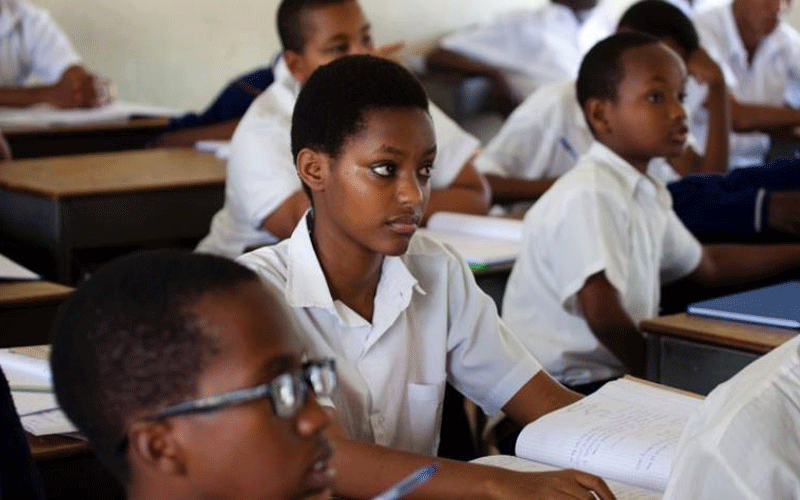Prof sent me back to class with renewed vigour to teach

Sometimes in 1989, I travelled to Nairobi to consult Professor of Literature and Stylistics Henry Indangasi on a question that had nagged me for months.
I had secured employment with Kolanya Boys’ Secondary School as an untrained graduate teacher of English and Literature under the school board.
Then Head of English Department Salome Papoi assigned me to teach English in Form Three, and Literature in Form Four. She also assigned me Literature in two streams in Form Three.
It suddenly dawned on me, days into the duties, that I had not had advanced learning experience of English as a subject after my Form Four.
I had, however, studied Literature at “A” levels—the nearest cousin to English.
Admittedly, however, we had had a worthwhile learning experience of English in my secondary education.
We also had Practical English Book series by PA Ogundipe and PS Tregdigo. The series catered for all levels of secondary education.
Apart from the instructional experience I had had in English and the textbook series, I had not had further instructional experience in English.
Literature in the “A” levels was a stylistic study of fictional and some no-nfictional works. The same applied to the study of Literature at the university though the programme in Literature exposed us to elements of rhetoric—the art of effective writing.
This was not sufficient to improve, for pedagogic purposes, my understanding and appreciation of all aspects of English, as a subject.
This is not to say I was zero in my knowledge of English language, though.
Then as now, I had and still have very high regard for teachers because they are at the centre of curriculum implementation.
In my understanding, a teacher is an authority figure. They should have subject matter competence, the requisite knowledge, skills, attitudes and habits of thinking and behaviour associated with a teacher and the subject.
It is this mastery of the subject matter that gives the teacher confidence to effectively manage the classroom as a guide, mentor and assessor to learners.
“A” level Literature curriculum and Literature programme at the university had given me more capacity than was probably needed to effectively teach Literature from Class Four to Form Four.
I also majored in Government (equivallent of Political Science). I found this twin-pronged background very useful in my understanding and appreciation of ministry-approved set books.
Nothing in my post-secondary education, however, prepared me to teach English in secondary level.
I was not concerned then with my zero pedagogic knowledge and other important areas that constitute teacher proficiency.
I was worried my knowledge of English as a subject was not sufficient to teach it.
That is why I went to Indangasi, who was not just the Literature department chair but had also taught me European literature and Stylistics. Interestedly, Indangasi didn’t look surprised.
He told me while the focus of the Literature programme at the department did not prepare students to teach English as a subject, it ably prepared them for a wide range of tasks, including teaching English!
“We have prepared you to think, speak and write in English in ways that you may not know now,” I recall him assuring me.
The sum total of his advice was that the Literature programme was applicable in multiple occupations not just in teaching.
For those who take up teaching as a career, it equips them with enough knowledge to understand and teach students learning English as a foreign language.
I went back to school with my spirits invigorated. I had been given a duty to do and wanted to do it in the best way possible. Back at Kolanya High, embraced thorough reading of books on English Grammar, Composition and rhetoric.
These were books used by students who sat for the Kenya African Preliminary Examinations and Cambridge examinations.
It is while reading those books, alongside Ogundipe and Tregdigo series, and English course books under then new 8-4-4 system that I discovered many things.
Things not only useful to me as a teacher but also as an individual. I learned, in the final analysis, Grammar is the study of the speech habits of accomplished speakers and writers; human beings in a literate civilisation think in words, speak in sentences and write in paragraphs.
I didn’t take long in teaching. However, part of what I do in my work I got the knowledge and orientation from the school library at Kolanya.
Learning and education is a continuous process which is not completed when one puts the last full stop on an answer sheet. That when you are not sure, ask your betters.– The writer is Communications Officer, Ministry of Education











